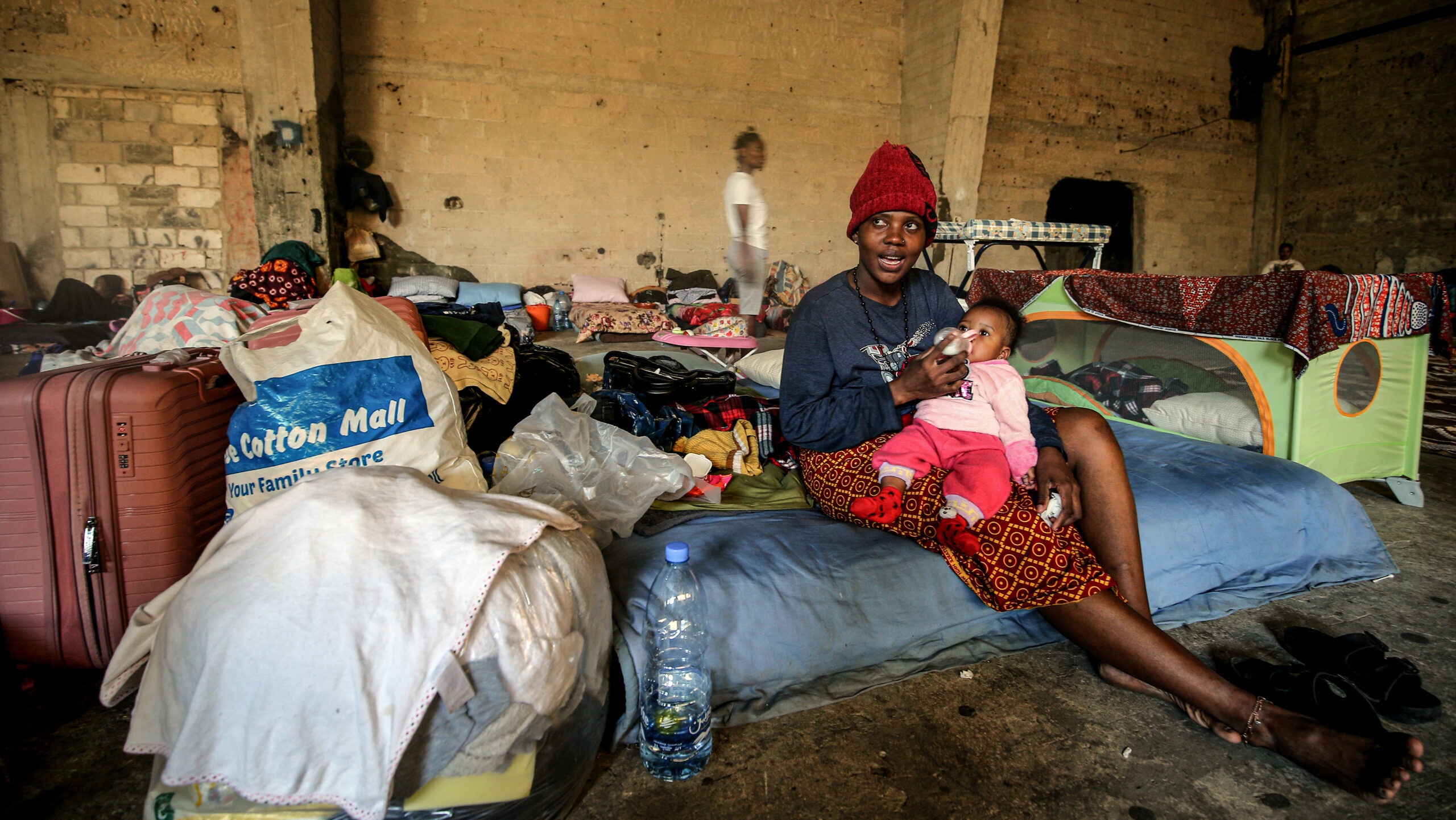Migrant Caregivers Face Exploitation and Isolation in Middle East
On the International Day of Care and Support, reporter Veronica Neifakh highlights the challenges faced by migrant caregivers in the Middle East, who are essential yet often exploited and underprotected. These workers provide crucial care to elderly and disabled individuals but frequently endure long hours, low wages, and insufficient legal protections.
In Gulf Cooperation Council countries, migrant caregivers constitute a significant portion of the workforce. Over 90% of Kuwaiti households employ them, representing more than 22% of Kuwait’s total workforce. Similar patterns exist in Bahrain, Saudi Arabia, and the United Arab Emirates, where they face excessive work hours—up to 63.7 hours per week in Saudi Arabia—and wages that are less than 30% of the average national wage.
Give the gift of hope
We practice what we preach:
accurate, fearless journalism. But we can't do it alone.
- On the ground in Gaza, Syria, Israel, Egypt, Pakistan, and more
- Our program trained more than 100 journalists
- Calling out fake news and reporting real facts
- On the ground in Gaza, Syria, Israel, Egypt, Pakistan, and more
- Our program trained more than 100 journalists
- Calling out fake news and reporting real facts
Join us.
Support The Media Line. Save democracy.


In Israel, over 75,000 foreign caregivers from countries like the Philippines, India, and Uzbekistan confront complex bureaucracy, minimal pay without overtime, and exclusion from labor laws mandating breaks, according to Kav LaOved’s deputy executive director, Meytal Russo. Female caregivers are especially vulnerable to sexual harassment and assault, often from patients or their family members.
Personal stories from caregivers like Santhosh from India and an anonymous worker from the Philippines reveal deep feelings of loneliness and isolation due to demanding work conditions and separation from family.
In Lebanon, amid conflict with Israel, migrant caregivers are among the most vulnerable. Bram Frouws of the Mixed Migration Centre reports that many employers have fled, leaving workers stranded without pay, shelter, or food. Without access to passports held by employers and facing language barriers, these workers find it nearly impossible to escape or seek assistance.
Neifakh’s report underscores the urgent need for better protections for migrant caregivers in the Middle East. To fully grasp the extent of these issues and the human stories involved, readers are encouraged to read the full article.

